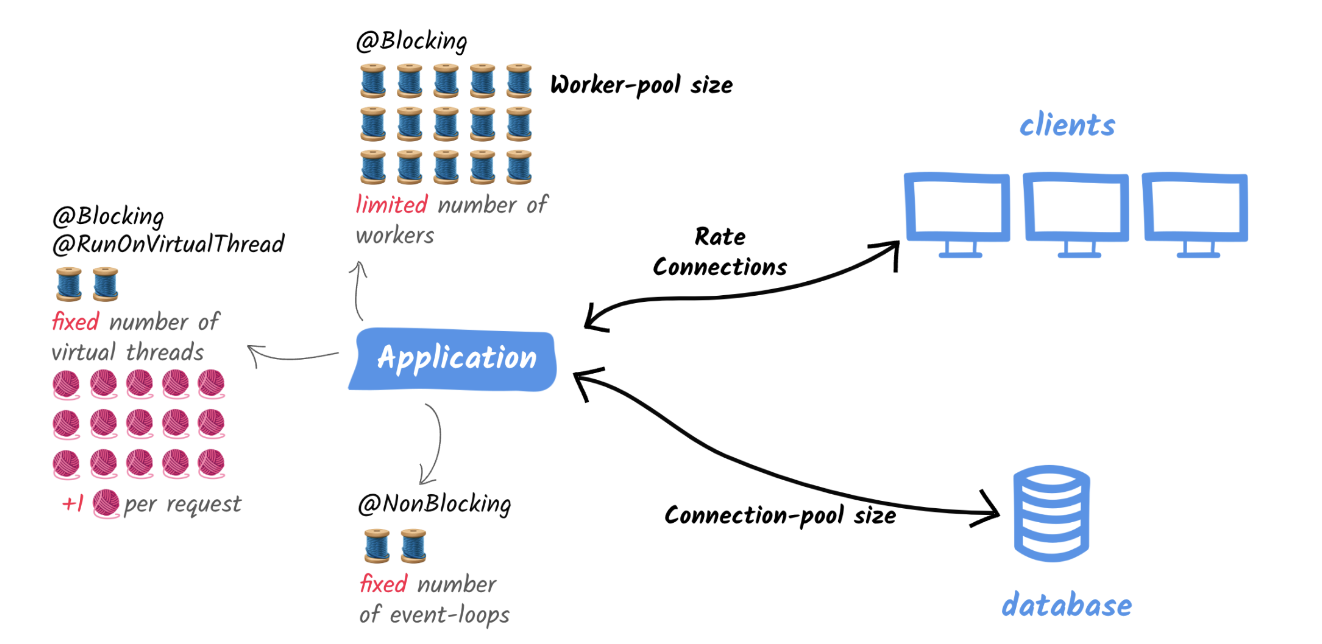Are you having trouble with annoying pop-up ads, slow system performance, or browser changes that happen for no reason on your computer? The Affinity virus could be in your body· This annoying software can make your time online less enjoyable and put your system’s safety at risk· Following these steps will make getting rid of the ww55.affinity virus from your computer very simple·
What does the Affinity virus do?
- It is called adware, and the Affinity virus is a type of malware· It gets into your computer without your permission and keeps showing you annoying ads· Seeing these ads can be very annoying, and they might even slow down your computer· The ww55.affinity virus can also keep track of what you do online and gather personal data, which could put your safety at risk·
- If, while using Google Chrome, ww55.affinity.net pop-up and in-text advertisements show up· Your computer may have been infected with adware or another potentially unwanted programme if you use Firefox or Internet Explorer· The Affinity infection exists primarily for financial gain· It drives traffic to the website and collects leads for transactions on dubious third-party websites· and displays in your browser sponsored links and advertisements·
- Despite this, Affinity isn’t technically a virus· It does has a number of harmful traits, such as the capacity to utilise rootkits to enter and hijack browsers· Permeate the operating system deeply, all of which may have an adverse effect on the user’s experience· In the industry, it’s sometimes referred to as a “PUP,” or potentially unwelcome programme·
- Ad-supported Affinity is a cross-browser plugin for Chrome, Firefox, and Internet Explorer· Notifying users that while the plugin is installed, they may encounter more banners, searches, pop-ups, pop-unders, interstitials, and in-text link advertisements· It was disseminated via a number of networks for monetization·
- installing packages of free software· Together with other free apps (like download managers and video streaming), this adware programme· or creators of PDFs) often install Affinity on your PC· When you install these free programmes, Affinity will be installed as well· Some programmes, such 1ClickDownload, Superfish, Yontoo, and FBPhotoZoom, come with Affinity installed· Because most users don’t know where Affinity originated, it’s not surprising that most of them think it’s a virus·
What did I do to get the Affinity virus?
More often than not, the Affinity virus comes with freebie or trial programme that you get online· The virus gets onto your system without your understanding when you run these programme. It can also be spread by fake pop-up ads or harmful email files· Be careful when downloading software and never click on ads or links that look sketchy to avoid getting the Affinity virus·
ww55.affinity.net Overview
Spyware, or malicious software, is what Affinity is and it’s something you definitely don’t want on your laptop· It works by showing you a tonne of unsettling advertisements while you’re on the internet· Usually, it appears as a plugin or extension that you have added to your web browser· Affinity’s main goal is to generate revenue for its founders, usually via the sale of various goods or services· Once installed, it inundates your computer with pop-up advertisements, links that appear inside the content of websites you visit, and even reroutes your browser to private websites·
ww55.affinity.net Features
These are the characteristics of the browser plugin ww55.affinity.net, which combines revenue-generating content with intrusive adverts· It is not a virus, but it may install itself as an extension on well-known web browsers and perform operations similar to a rootkit· Let’s examine each feature to see how it affects how people use the internet and how safe their PCs are·
- Embarrassing Ads: While users are online, Affinity constantly bombards them with advertisements that appear or pop up inside the text· It might be difficult to focus on what you’re learning or doing while these adverts are playing·
- Browser Extension: It functions similarly to an add-on for web browsers, such as Firefox, Chrome, and Internet Explorer· The way that Affinity is able to display you ads online is via this extension·
- Revenue Generation: Affinity enables its creators to generate revenue via affiliate marketing and advertising· By using this technique, they are paid each time a user clicks on an advertisement that Affinity displays·
- Tricky Software: This platform may behave like a virus in certain situations, while not being a virus itself· It has what are known as rootkit capabilities, which allow it to effectively blend in with the functional components of your computer· This makes it hard to find and fully cast off·
- Data Gathering: It’s possible that this website is monitoring your online activities and preferences· This may include the websites you frequent or the products you like buying· It might put your security at risk in addition to being a privacy infringement· These data may be purchased by other companies or used to target you with more advertisements·
ww55.affinity.net How to Spot an Easy Manner
- Finding the platform is the first step towards independence. Watch out for those signs and symptoms.
- Tapping links inside text take the user to advertisements
- Advertisements that appear as “Ads by means of Affinity” pop-ups.
- Slow browser performance in general and frequent redirection·
- Unknown malware and suspicious browser add-ons on your device·
How to tell if you have the Affinity virus
Keep an eye out for these usual signs if you think your computer has the Affinity virus:
- Too many pop-up ads
- System speed that is slow
- Browser sends you to strange websites
- Changes to your computer settings that you don’t understand
- Programmes that won’t work or are frozen
How To Use ww55.affinity.net?
Steps of ww55.affinity.net
- Affinity browser plugin turns words online after installation· Highlighting pages makes them hyperlinks·
- Embedded affinity connections in your content· Double underlines separated them from conventional connections·
- When the mouse is over the link, the ad appears· The browser extension developer will get affiliate fees if users click Affinity links·
- Affinity also displays ads on websites· Visit and will show you discounts and other deals on other websites· Internet browsing·
- Affinity ads will be boxes with discounts or emphasised words· Clicking will display a “Ads by Affinity” ad·
- Optional installations include affinity adware· Software installers often contain that, so be careful while installing apps· Be cautious before accepting an installation·
- Choose custom installations and deselect unknown items wherever feasible· Especially any supplementary programmes you never planned to download and install· Untrustworthy software should not be installed·
How to remove ww55.affinity.net pop-up ads?
- This page provides a detailed guide on removing ww55.affinity.net from Chrome, Firefox, and IE·
- Precisely following steps is required· Ask for help when unsure or have questions·
- Uninstall Affinity and remove pop-up advertisements in Chrome, Firefox, and Internet Explorer·
- Affinity adware may be eliminated from Chrome, Firefox, and IE using AdwCleaner··
- Malwarebytes Anti-Malware Free eliminates Affinity·
- Double-check Affinity infestation with HitmanPro··
ww55.affinity.net Pros and Cons
Let us analyse the pros and cons of this. It helps generate cash and offers ads that align with your aims· Not everything is well in the world today· Some individuals may express curiosity and amazement due to affinity·
Benefits
- The instructions provide a straightforward and thorough approach to removing Affinity and related viruses, assuring total removal of inflammatory components·
- Easy-to-Follow Instructions, Step-by-step instructions for all tech levels Reliable Software, Using popular antivirus and anti-malware software, the ww55affinity·net method ensures comprehensive device inspection and smooth operation without compromising security
- Prevention Tips, The manual offers online safety tips and removal processes. Customers may now avoid infections and secure their browsing experiences by adopting proactive actions.



